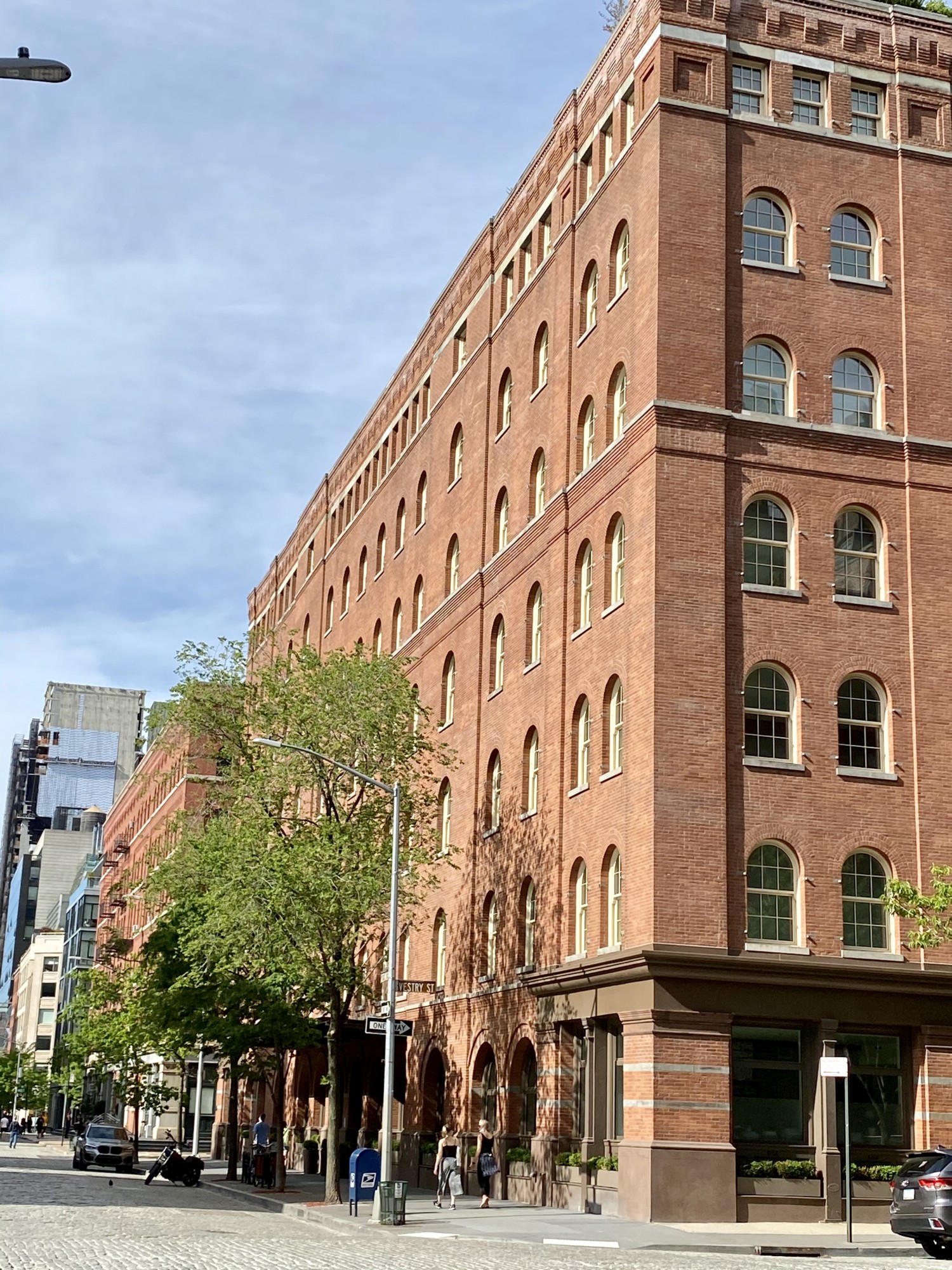But you don't need to pay PMI forever. More on that later PMI can be a pretty huge expenditure, with the average annual PMI premium ranging from. 55 percent to 2. 25 percent of the initial loan amount each year. Your credit score and loan-to-value ratio will impact your PMI premium. For example, if you purchase a house for $200,000 and your PMI is one percent, you will pay $2,000 a year, or about $166 a month (How to get a real estate license in florida). The bright side is that you can ask the lender to cancel your PMI once you have paid for the mortgage balance to 80 percent of the home's initial appraised worth.
If you have an FHA loan, you will require to pay down your mortgage to 78 percent of your initial list prices. Even if gratitude has pressed your equity up, you will require to minimize your initial principal balance. Usually, many lending institutions need PMI when it concerns traditional loans with a deposit less than 20 percent. Like anything else, however, there are exceptions to the rule. You'll need to do your homework if you want to give up paying PMI. Some banks out there offer low down-payment, PMI-free conventional loans. These suppliers will waive PMI for customers with less than 20 percent down, however you'll pay a higher rate of interest. No, not the body appendage. While fixed-rate home loans have the exact same rates of interest and monthly payment for the life of the loan, the rate of interest and regular monthly payments on an ARM modification (for this reason the word "adjustable"). ARM rates of interest are usually fixed for a period between three and 10 years before they alter. The new payment is computed using a rate based on an underlying index like LIBOR (not an essential acronym for home purchasing, but it stands for "London Interbank Offered Rate") or the CMT (Constant Maturity Treasury) plus a margin. Comprehending how your rate can change and how this can increase your payment is really essential.

The firm imposes timeshare broker services guidelines like Know Prior to You Owe, which supply borrowers more transparency in the home loan procedure and understanding about what they can manage. This ratio is the percentage of your income that goes towards paying monthly bills. Lenders generally need DTIs listed below a specified percent for you to receive certain loan items. These loans were developed during the Great Anxiety throughout the 1930s and essentially make purchasing a house more available by supplying home loan assistance and letting borrowers get approved for a loan with a down payment of just 3. 5% (rather of the suggested 20% deposit).
These are month-to-month payments of just interest. Particular mortgages permit for these lower payments for a given duration. These loans work best for consumers who expect a substantial bump in earnings or plan to refinance or move prior to completion of the interest-only term. Not to be puzzled with smoked salmon, typically consumed with cream cheese and bagels. These are short letters offered to a lender that discuss changes in income, protect late payments, or summarize your rental history. They can assist you receive your mortgage. This ratio is determined by dividing the loan amount by the house's purchase cost.
Lenders have unique programs for debtors who put down less than 20%. Not a noise a robotic makes, however rather a cost that's funded as part of the loan and charged by the federal government for FHA loans. This special program permits newbie buyers to put down less than 20% on their purchase. These payments are the amount due every month on your home mortgage. Not an unfortunate celebration, but rather your https://www.timesharetales.com/blog/do-timeshare-cancellation-companies-work/ total regular monthly real estate cost, which includes the P&I payment due on your home loan and the taxes and insurance coverage on your house. PMI is an extra cost you pay when your down payment is less than 20%.
Things about How To Get Real Estate Leads
Must satisfy specific requirements defined by the Dodd-Frank Wall Street Reform and Customer Defense Act, such as loan quantity, interest rate, and underwriting, so they can be acquired by a government-sponsored entity. Not the cousin of a Vespa scooter. More like a map, because it needs that you get specific disclosures about closing expenses and settlement treatments at certain times during the home loan process. Evidence of your income in the kind of W-2s, pay stubs, or tax return. Termites. Enough said. And if you ever find yourself sounding out acronyms while attempting to follow along with your loan provider, follow this wise suggestions from Eric Gotsch: "Asking will never be a stupid concern, especially during something as crucial as the home-buying procedure.".

If you desire to prevent PMI, you have 2 choices: come to the table with a 20% deposit or see if you can have the loan provider pay for the PMI. Here's how to achieve either. A down payment is a required lump-sum payment you make at near acquire a house - When you have an exclusive contract with a real estate agent. The quantity you pay is a portion of the house's worth and helps include to the equity you have in the house from the beginning and minimizes the quantity you obtain. A lot of loans do not need a 20% deposit. However, having one will get rid of the PMI and could decrease your monthly payment much more given that it'll also reduce your primary balance.